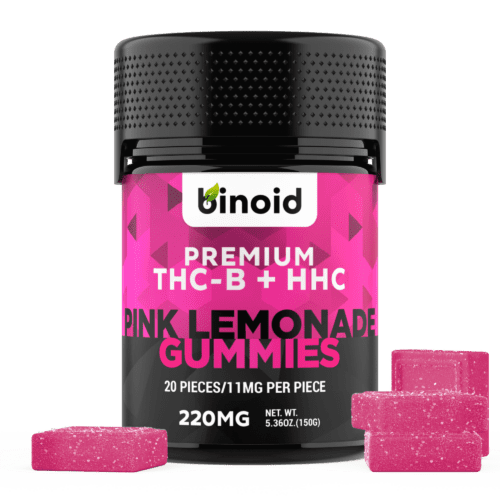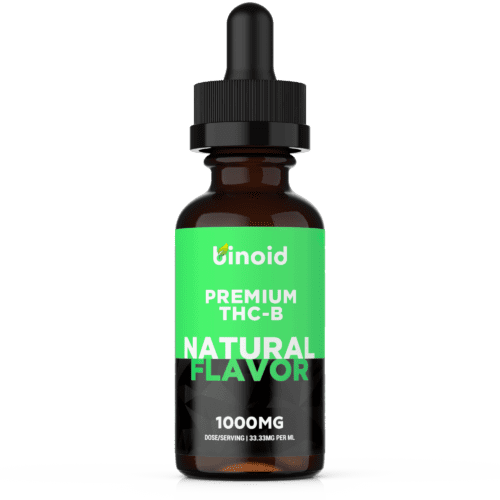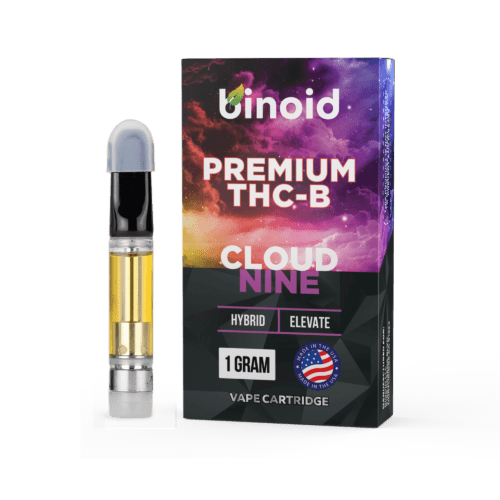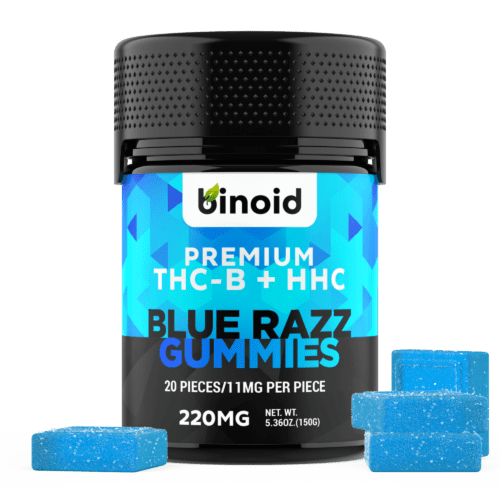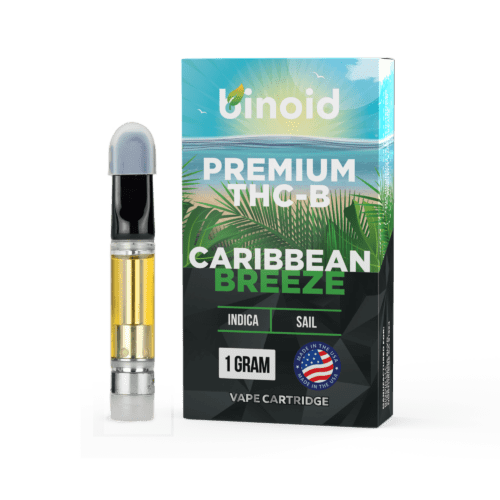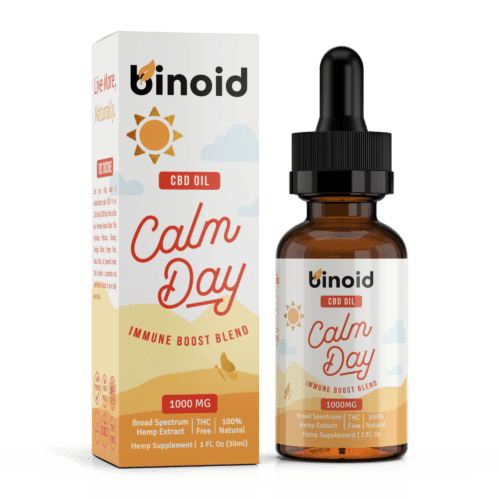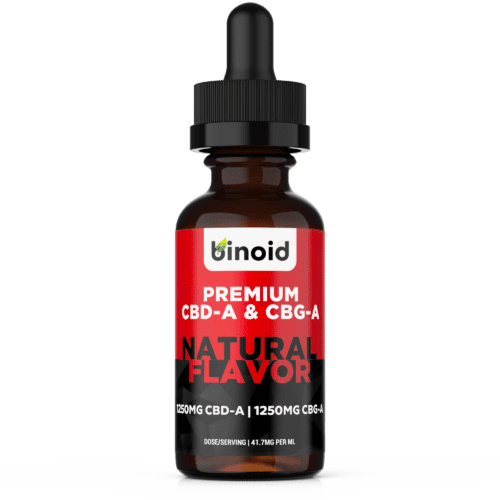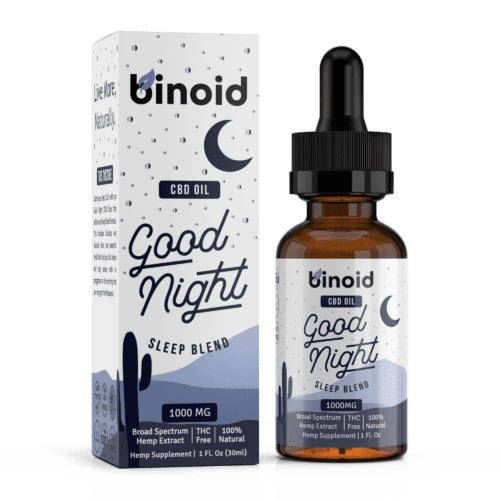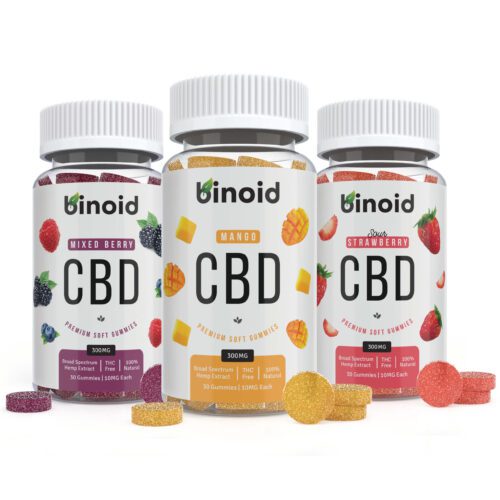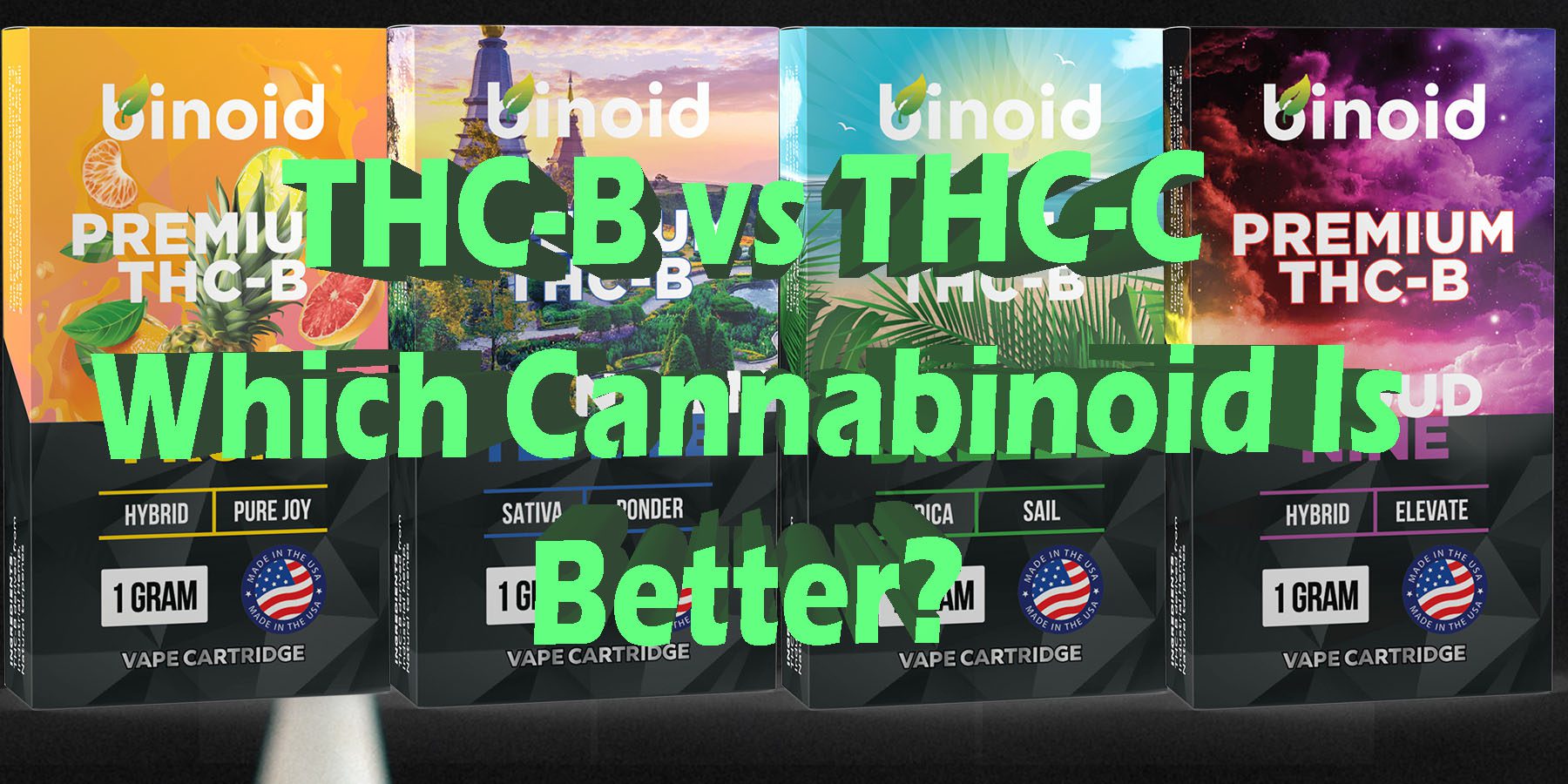
THC-B vs THC-C : Which Cannabinoid Is Better?
It’s easy to assume that THC-B and THC-C are extremely similar to one another, and that if you’ve tried one, you don’t need to try the other. But, as you’re about to find the case, that couldn’t be further from the truth as far as these two super-new THC-based cannabinoids are concerned. Let’s find out how they differ from one another, since their differences are likely to surprise you.
TO BUY THC-B PRODUCTS CLICK HERE
-
Product on sale
 THC-B + HHC Gummies – Pink Lemonade (RELEASE SALE)$26.99
THC-B + HHC Gummies – Pink Lemonade (RELEASE SALE)$26.99$59.99 -
Product on sale
 THC-B Tincture – 1000mg$30.99
THC-B Tincture – 1000mg$30.99$79.99 -
Product on sale
 THC-B Vape Cartridge$29.99
THC-B Vape Cartridge$29.99$59.99
Why Choose THC-B?
THC-B Origins
THC-B, aka tetrahydrocannabutol, was discovered very, very recently, and as we’ve all learned, the newer the cannabinoid, the less in-depth information we have about it. In terms of its structure, we do know that it has a “butol” side chain (hence the name) rather than the pentyl side chain that dictates the structure of delta 9 THC. We also know it’s one of the most trace cannabinoids in hemp.
THC-B’s Psychoactive Properties
THC-B’s distinctive high is a topic of debate, because it’s so new that few people have even tried it, and research on it is practically non-existent. We do know that it’s intoxicating because it attaches to CB1 receptors that create a high, and while some say that the high feels just like delta 9’s, others say that it’s more potently psychoactive, although we do know that it’s not the most intoxicating cannabinoid in hemp.
THC-B’s Non-Psychoactive Properties
THC-B is just too new for researchers to have had opportunities to gather clinical data on its properties. Hopefully, that changes so that we can learn more about what THC-B can offer us outside of getting us high.
Purpose for Taking THC-B
THC-B is considered a recreational cannabinoid for now, since most people who are buying it are doing so because they want to see what the high feels like.
THC-B’s Legality
THC-B is a federally legal cannabinoid protected under the 2018 Farm Bill which states that all hemp-derived products can be sold legally if they contain no more than 0.3% delta 9 THC by dry weight. Although THC-B is federally legal, some states have restricted psychoactive cannabinoids like delta 8 THC, and those states likely prohibit THC-B sales as well. Those states are:
- Alaska
- Arizona
- Arkansas
- Colorado
- Delaware
- Idaho
- Iowa
- Mississippi
- Montana
- Nevada
- New York
- North Dakota
- Oregon
- Rhode Island
- Vermont
- Utah
- Washington
-
Product on sale
 THC-B + HHC Gummies – Blue Razz (RELEASE SALE)$26.99
THC-B + HHC Gummies – Blue Razz (RELEASE SALE)$26.99$59.99 -
Product on sale
 THC-B Vape Cartridge – Caribbean Breeze$30.99
THC-B Vape Cartridge – Caribbean Breeze$30.99$59.99 -
Product on sale
 Binoid Calm Day CBD Oil – Immune Boost$28.99
Binoid Calm Day CBD Oil – Immune Boost$28.99$64.99
Why Choose THC-C?
THC-C Origin
Tetrahydrocananbiorcol (THC-C) is one of the newest cannabinoid discoveries, and was likely discovered after THC-C. In terms of its chemical structure, all that we know is that it’s identical to delta 9 THC, except that it’s missing 3 carbon atoms. Being a phytocannabinoid, it naturally takes place in marijuana and hemp plants. More directly, THC-C is unearthed in cannabis and hemp pollen, unlike delta 9 THC, which is found in the resin produced on the female flowers. THC-C occurs naturally and exists separately from humans.
Lots of cannabinoids like THC-C start their life as cannabigerolic acid (CBGA). As the plant grows, CBGA undertakes one of several enzymatic reactions that cause it to modify into an array of acidic molecules that’re precursors to the biologically vital compounds we are accustomed to consuming.
Now, the precursor molecule to THC-C is called tetrahydrocannabiorcolic acid (THC-CA). This compound gets changed to THC-C over the cannabis or hemp plant’s maturation cycle via an action called, “decarboxylation”. Manufacturers are the ones who extract THC-C from either marijuana or hemp pollen, and then concentrate it in an identical manner as other cannabinoids are concentrated. In turn, making it simpler to use and eliminate unnecessary components such as amino acids, proteins, fibers, and plant cell structures.
THC-C’s Psychoactive Properties
The fact that THC-C is missing ‘3’ carbon atoms actually tells us something very important about its effects. Without them, THC-C is unable to get a person high, which means that THC-C is strictly non-intoxicating no matter how much the user takes. This structural difference prevents the cannabinoid from attaching to the CB1 receptors that trigger a psychoactive response.
THC-C’s Non-Psychoactive Properties
So, what can THC-C do? Well, it’s the first cannabinoid we know of that has the ability to increase uptake of naturally produced cannabinoids in the body, like TRP channels (TRPA1 and other TRP receptors). These receptors are located on particular gated ion channels on the cell wall, and so have a powerful role in our homeostasis. Also, people consider THC-C to be cannabidiol’s (CBD) more potent cousin, since it looks to supply many of CBD’s properties, only at a stronger level – increasing the effects of naturally occurring endocannabinoids such as anandamide and 2-AG alternatively.
Purpose for Taking THC-C
Since THC-C is non-intoxicating, the reason a person would seek it out is likely due to wanting effects similar to CBD, but stronger, as we touched upon a second ago Those who’ve been fortunate enough to take it have reported positive mood effects, and that seems to be the biggest part of its appeal.
THC-C’s Legality
Like THC-B, THC-C is protected under the 2018 Farm Bill. We don’t know yet if it’s banned in the same states that have banned other THC cannabinoids that are psychoactive, because despite being a THC cannabinoid, it doesn’t get people high. If states do consider it prohibited, then THC-C would be banned in:
- Alaska
- Arizona
- Arkansas
- Colorado
- Delaware
- Hawaii
- Idaho
- Illinois
- Iowa
- Kentucky
- Louisiana
- Maryland
- Massachusetts
- Michigan
- Mississippi
- Montana
- Nevada
- New York
- North Carolina
- North Dakota
- Oregon
- Rhode Island
- Utah
- Vermont
- Washington
Final Decision: THC-B and THC-C – Not Nearly as Similar as You May Have Thought
At the end of the day, THC-B and THC-C, serve two totally different purposes, and even demonstrate the wonderful diversity of chemical compounds found within the hemp plant. One cannabinoid gets you high, and the other does not, which is why it’s absolutely worth trying both for completely unique purposes. At Binoid, we carry a nice selection of THC-B and THC-C products that are sure to meet your hemp-related needs.
To buy THC-C Products Click Here
-
Product on sale
 CBDA and CBGA Immunity Tincture – 2500mg$35.99
CBDA and CBGA Immunity Tincture – 2500mg$35.99$79.99 -
Product on sale
 Binoid Good Night CBD Oil – Sleep Blend$28.99
Binoid Good Night CBD Oil – Sleep Blend$28.99$64.99 -
Product on sale
 Binoid CBD Gummies$26.99
Binoid CBD Gummies$26.99$49.99

